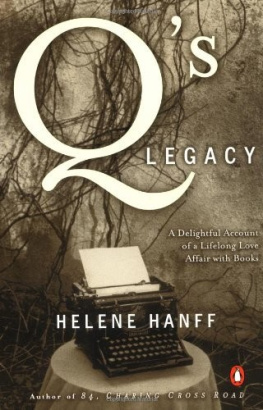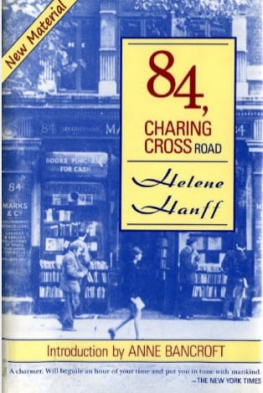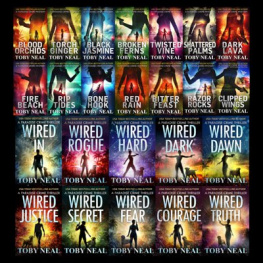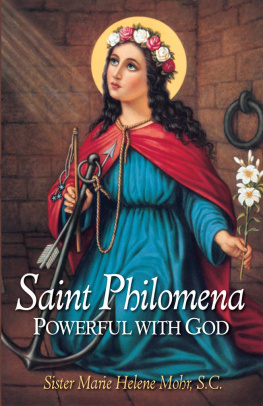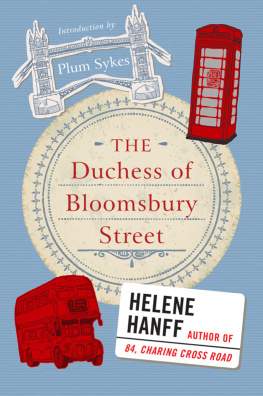5."Then to the well-trod stage amon.
Q.E.D.
ONE
How It All Started
q and I first met on a summer morning when I was eighteen, at the main branch of the Philadelphia Public Library where I'd gone in search of a teacher; and I took him home with me despite certain doubts about his fitness for the post.
This was during the Depression, at the end of my only year at college. Knowing my parents couldn't afford to send me to college, I'd gone to a special academic high school that taught its students to compete for college scholarships. In my second year (when I hit Geometry) I knew I wasn't bright enough to win one of them. I excelled in English and I got good grades in History and languages (I tried Latin, Greek and French in successive years). But I barely passed Geometry, Algebra and Chemistry, and if the teacher hadn't liked me I'd have flunked Physics. And college scholarships went to students with a record of "general excellence" in high school.
Still, there was one scholarship to Temple University my teachers thought I could win. Temple was looking for liberal arts students to enroll in an experimental teacher-training program called "The X Group." Since liberal arts were my best subjects, I took the X Group scholarship exam and in one of my best subjects failed so spectacularly I stunned the entire Board of Examiners into sending for me afterward out of morbid curiosity. The subject was History.
Our high school History exams had never included maps, so my teacher never knew I couldn't read them. But a friend warned me that the X Group History exam included "a Map question," and I set out to cram for it. Since we'd studied both American and European history, I decided the Map question would probably deal with both continents. I went to the library and brought home two history books, one with a map of Europe, the other with a map of the forty-eight states. Then I sat down to memorize both of them.
Both maps were oblong. Every country on the map of Europe was in a separate color. So was every state in the Union. I started with the map of Europe and after a few evenings of intense concentration I tested myself. Being very nearsighted, I couldn't read print without my glasses, so I took them off and unable to see the printed names on the map without them I triumphantly identified the pink blob down in the left-hand corner as Spain, the purple mass up on the right as Russia and so forth. I knew Europe cold.
Memorizing the forty-eight states was much harder. As I settled at a desk for the History exam, I hoped the Map question would deal with the upper layer of the middle states instead of the lower layer.
The History exam was in two parts, each worth 50 points for a perfect score of 100. Part I was a list of questions requiring written answers and when I finished, I knew I'd gotten close to a perfect 50 on it.
Part II was a large folded sheet of white paper, which, when I opened it, turned out to be a map. It was round, it was black-and-white and it included the entire world. There were no printed place names on it. Under the map was a long list of place names in alphabetical order Abyssinia to Zanzibar. At the top of the map was a single instruction:
"Insert each place name correctly on the map."
Forget the middle states; on that map I couldn't find Europe. But you don't flunk worse for wrong answers than for no answers and I thought if I inserted all the place names somewhere, by luck and the law of averages I might get a few of them right. As far as I know, I didn't. What stunned the Board of Examiners into sending for me was that after scoring a perfect 50 on the first half of the exam, I'd labeled the Pacific Ocean "Africa."
To sum up: I excelled in English. This won me a one-year scholarship to the X Group, where (by postponing Calculus and Physics till some later year) I got top grades. But when the year ended, the Dean told me regretfully my scholarship couldn't be extended for another year. Because of the deepening Depression, all Temple's scholarship money would have to go to senior students who couldn't graduate without it.
This was a great blow to my parents, but a secret relief to me. In my year at Temple I'd learned nothing about English literature or the art of writing, which was all I wanted to learn. In the fall I would be free to find my own teacher.
That June I got a job in a bookshop, substituting for the regular assistant who was going to Maine with her parents for the summer. And when she told me business in the bookshop was very slow in summer and I'd have long empty hours there, I decided my education wouldn't have to wait till fall. I was to start work in the bookshop on a July Monday, and on the Saturday before, I took the subway downtown to the imposing main branch of the library. I went into the vast circulation room and asked the lady behind the desk where I'd find books on English literature, especially college textbooks. She sent me to a double aisle of bookshelves marked 800 and told me which subdivisions to look under.
Standing there, staring at the long shelves crammed with books, I felt myself relax and I was suddenly at peace. I knew who I was and what I was doing there, and I had all day to find what I was looking for.
The books were arranged alphabetically by author and I started with the A's, taking down one volume and then another, reading the author's credentials "Chairman, English Department, Vassar College"; "Professor of English at Yale University" and then the chapter headings and the first few paragraphs of a chapter.
I worked my way through the M's without finding what I wanted. What I wanted was the Best written in language I could understand. I hadn't defined "the Best" but I was discovering what it wasn't. Most of the textbooks confined themselves to nineteenth-and twentieth-century writers, omitting what I'd been taught were the greatest works of English literature: Shakespeare, Milton and the Bible. And all of them were written in learned, academic language that was over my head.
I went on through the N's, O's and P's, fighting a suspicion that what I wanted didn't exist.
There was only one book under Q.
ON THE ART OF WRITING by Sir Arthur Quiller-Couch, MA. King Edward VII Professor of English Literature in the University of Cambridge
The dust-jacket biography told me the author was a graduate of Trinity College, Oxford, and that the book was one of several volumes of lectures delivered to his students at Jesus College, Cambridge, where he still taught. It added that he was also the author of popular novels which were signed simply "Q," the nickname by which he was known to his students.
If you wanted instruction in how to read and write English, Oxford-and-Cambridge was definitely the Best. I ran my eye down the list of chapter headings:

